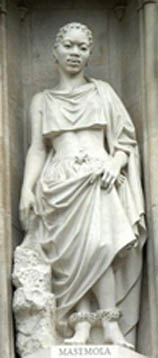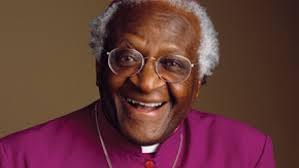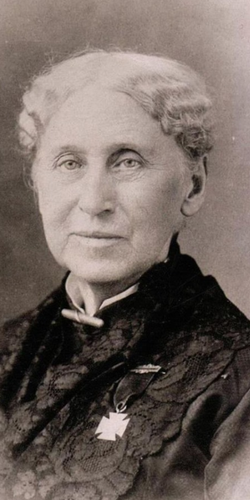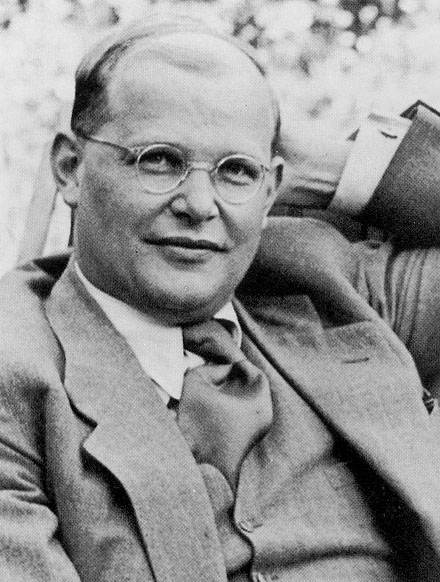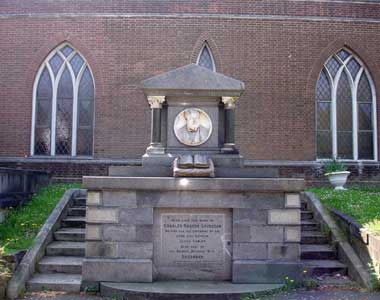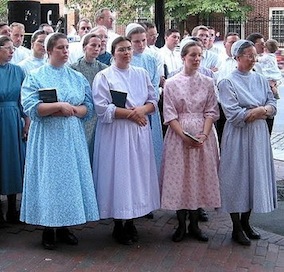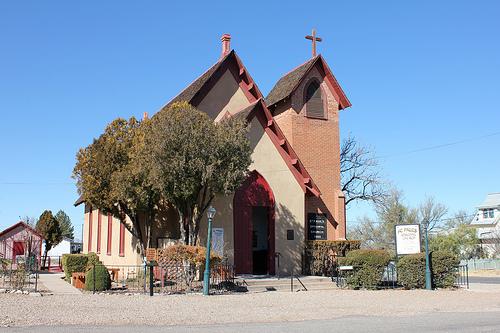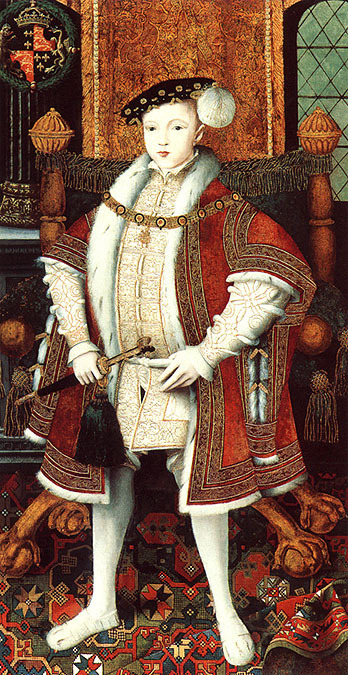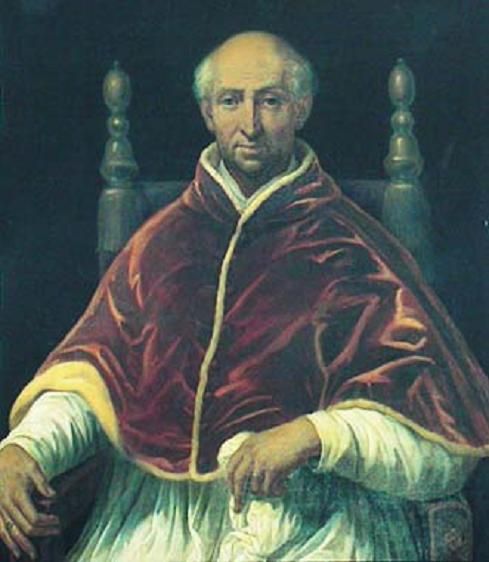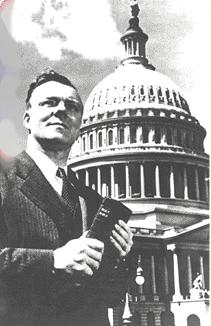Yesterday we noted South Africa had its first black Anglican Bishop in 1985. But on February 4, 1928 – just some 60 years earlier – Manche Masemola was killed by her parents for refusing to deny her belief in Christ. The South African teenage girl attended every Church of England service she could and when she refused to stop attending …
February 3, 1985 – Bishop Desmond Tutu
Desmond Mpilo Tutu became the first black Anglican bishop of Johannesburg, South Africa on February 3, 1985. In addition to this ground-breaking achievement he also gets these awards in his trophy case: Nobel Peace Prize, the Albert Schweitzer Prize for Humanitarianism, the Gandhi Peace Prize, and the Presidential Medal of Freedom. Check back tomorrow and see just how far South …
February 2, 1900 – Annie Wittenmeyer
Before Gandhi and Martin Luther King’s non-violent protests there was the Women’s Christian Temperance Union who was taking on the destruction of homes due to alcohol. The WCTU’s first president, Annie Wittenmeyer, served from 1874-1879 and died on February 2, 1900. At the height of its influence the WCTU boasted over 1000 chapters across the US and were a force …
February 1, 1933 – Dietrich Bonhoeffer
As the Nazi regime grew in power, very few voices were willing to step up and call into question what Hitler was doing to Germany. One of the voices who was willing was the Lutheran pastor Dietrich Bonhoeffer. He gave a national radio address on February 1, 1933 where he reminded the audience there was a large risk in putting …
January 31, 1892 – Charles Haddon Spurgeon
Besides being one of the greatest preachers of all time, Charles Haddon Spurgeon also developed numerous commentaries and even trained pastors to be pastors. By the time he died on January 31, 1892, at age 57, it is estimated over 900 pastors went through his seminary. This is a picture of his grave shared by his wife Susanna from their …
January 30, 1536 – Menno Simons
How did Mennonites get their name? A former Catholic priest named Menno Simons renounced Catholicism on January 30, 1536, and was “re-baptized” by Anabaptist leader Obbe Philips. He later went on to write extensively about doctrine and theology and from his work the Mennonites were formed.
January 29, 1882 – Endicott Peabody
Endicott Peabody was a true renaissance man for his day. On January 29, 1882, he arrived fresh from what is now Boston’s Episcopal Divinity School in Tombstone, Arizona just months after the famed shoot out at the OK Corral. He went on to establish St. Paul’s Episcopal Church (pictured here) in Tombstone and from there back to Boston where he …
January 28, 1547 – Edward VI
There is plenty of good reason to debate King Henry VIII’s theology. While he surely became “un-aligned” with the Church in Rome, the Church of England at that time was clearly no bastion of Protestantism. So the theology of Henry’s successor was very important when his young son Edward VI took the throne on January 28, 1547. Edward’s advisers made …
January 27, 1343 – Pope Clement VI
Indulgences granted by the Pope – and the abuse of the sale of them – was a critical component of Martin Luther’s “protesting” with the 95 Theses he nailed to the Wittenberg church doors. Indulgences were approved by Pope Clement VI on January 27, 1343. This is a picture of Pope Clement.
January 26, 1949 – Peter Marshall
Peter Marshall, not the guy who hosted Hollywood Squares, was incredibly effective as a Presbyterian minister but most remembered for his time of service as the chaplain in the United States Senate. Marshall served in that post only a few years but became much better known through a biography-turned-movie written by his wife Catherine called A Man Called Peter. Chaplain …
